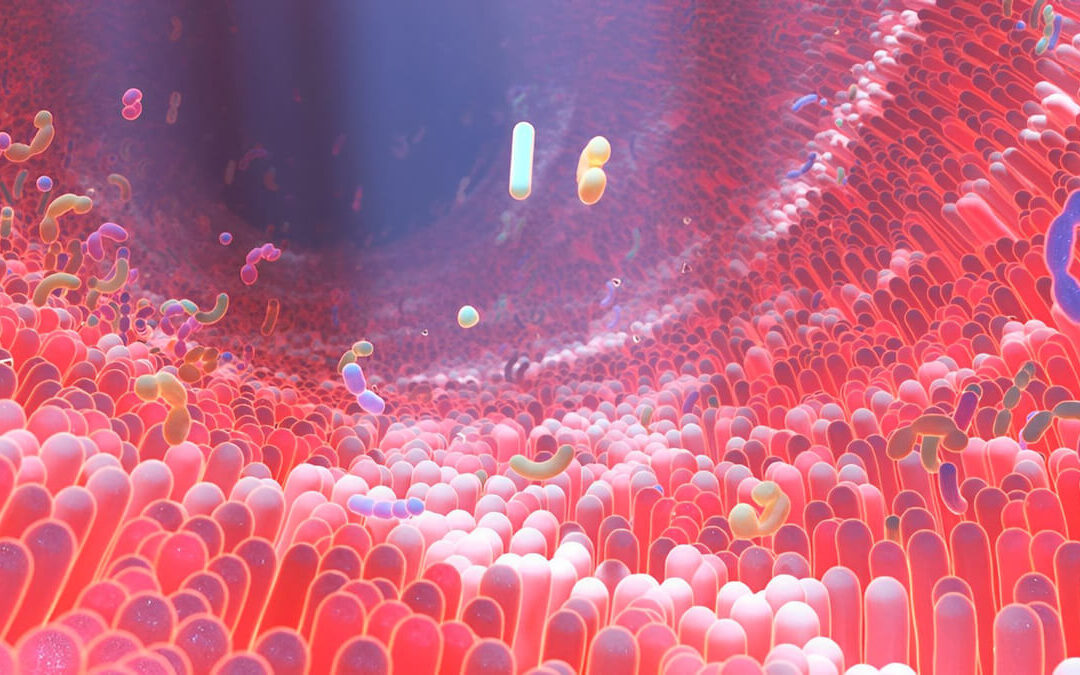Could Improving Gut Health Help Treat Autism?
Recent studies have found differences in the gut microbiome of individuals with ASD compared to those without the disorder. These differences in the gut microbiome could potentially impact the communication between the gut and the brain, known as the gut-brain axis. This could potentially affect brain development and contribute to the development of ASD.
One theory is that changes in the gut microbiome could lead to an increase in the production of certain metabolites that play a role in brain function and behavior. This could potentially contribute to the development of ASD symptoms, such as repetitive behaviors and social deficits.
Given the potential link between the gut microbiome and ASD, interventions that improve gut health could have a positive impact on the symptoms of this disorder. One potential intervention is the use of probiotics, which are live microorganisms that can improve the balance of the gut microbiome.
Several studies have found that probiotics can improve gut symptoms and behavioral symptoms in children with ASD. A 2016 study published in the Journal of Clinical Psychopharmacology found that a probiotic supplement improved gastrointestinal symptoms and decreased repetitive behaviors in children with ASD. Another study published in the Journal of Child Psychology and Psychiatry found that a probiotic supplement improved both gut symptoms and social skills in children with ASD.
In addition to probiotics, dietary changes can also improve gut health and potentially improve ASD symptoms. A gluten-free, casein-free diet has been shown to improve both gut symptoms and behavioral symptoms in children with ASD. A 2019 study published in the journal Nutrients found that children with ASD who followed a gluten-free, casein-free diet had significant improvements in both gut symptoms and behavioral symptoms compared to a control group.
Another dietary intervention that has shown promise is the use of prebiotics, which are non-digestible carbohydrates that promote the growth of beneficial gut bacteria. A 2019 study published in the journal Nutritional Neuroscience found that a prebiotic supplement improved both gut symptoms and behavioral symptoms in children with ASD.
While the use of probiotics and dietary changes show promise in improving gut health and potentially improving ASD symptoms, it’s important to note that more research is needed in this area.
Resources
• “Gastrointestinal microbiota in children with autism in Slovakia” by Aleksandra Tomova, Veronika Husarova, Silvia Lakatosova, Jan Bakos, Barbora Vlkova, Katarina Babinska, and Daniela Ostatnikova: https://pubmed.ncbi.nlm.nih.gov/24798823/
• “Effectiveness of probiotics on the duration of illness in healthy children and adults who develop common acute respiratory infectious conditions: a systematic review and meta-analysis” by H. Hemilä and J. Chalker: https://www.ncbi.nlm.nih.gov/pmc/articles/PMC7319190/
• “Fecal Microbiota Transplantation in Autism Spectrum Disorder: A Systematic Review” by S. Kang, S. Kim, and J. Lee: https://www.ncbi.nlm.nih.gov/pmc/articles/PMC7483089/
• “Gut microbiota and autism: key concepts and findings” by C. de Theije, K. Wopereis, H. Beggs, H. van den Bogert, E. G. de Vries, and A. D. Jansen: https://www.ncbi.nlm.nih.gov/pmc/articles/PMC5045141/


